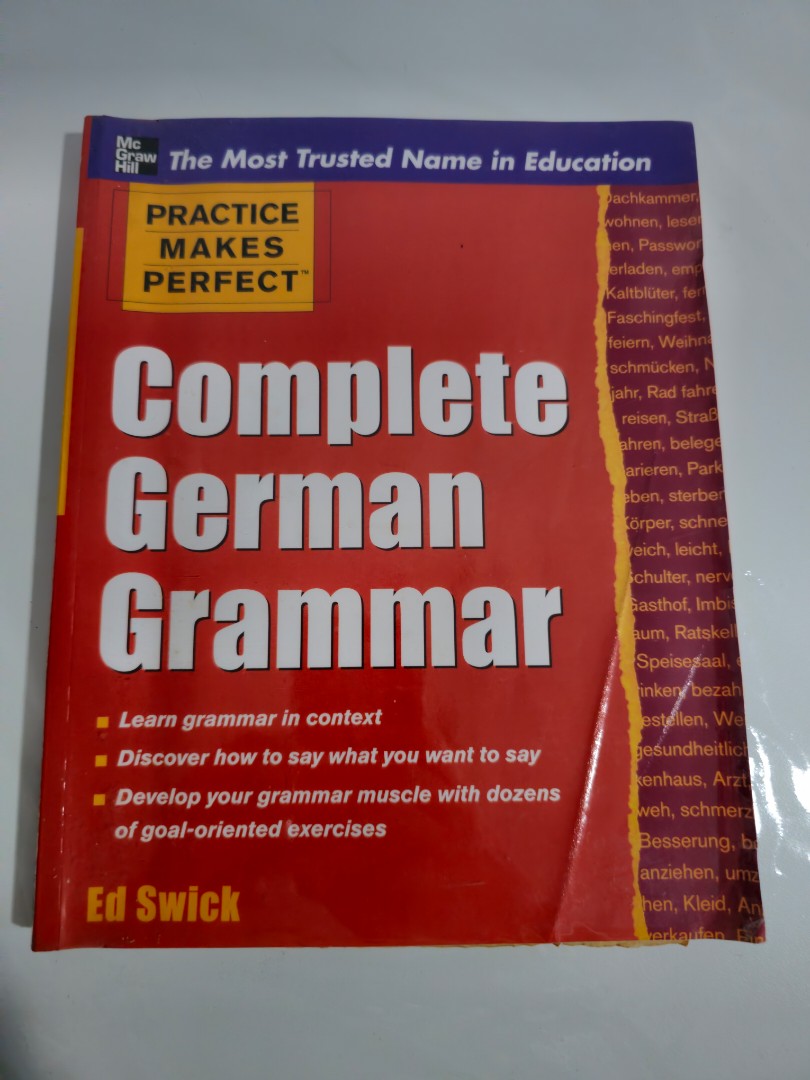
Deutsche Grammatik
What compels a language look troublesome? Its language, isn't that so? Punctuation is normally a bad dream for all individuals intending to get into another dialect, and it's not the case just with the German language.However, at "Best German language Institute"we show this part well and one would be communicating in German smoothly in a matter of seconds. In the grammar portion i.e if we talk about the tenses in German language then we need to understand these six time periods i.e : Prasens(present tense), Präteritum(past tense) , Perfekt(perfect tense), Plusquamperfekt(past perfect), Futur I(simple future tense) and Futur II(Future perfect)Präsens connects with the Current state in English,Präteritum connects with Wonderful tenses,Plusquamperfekt connects with Past Awesome,Futur I connects with the Future tense,Futur II connects with the Future wonderful in addition to "will" and "have".This connection isn't totally precise, however taking a gander at the tenses this way will make it simpler for one to grasp German syntax. They have four cases (nominative, accusative, dative, genitive).German has three thing relational words for every orientation: bite the dust (for ladylike things), der (for manly things) and das (for unbiased orientation).With each new word that one learns in German language, one must likewise realize what relational word needs to come before it. It might befuddle one at first on the grounds that occasionally an organic orientation may not match its linguistic orientation. Nonetheless, there are a few guidelines figuring out which thing gets which article with special cases.German Expressions and Day to day ArticulationsThere could be no more excellent method for learning Fantastic German than simply beginning to learn not many words and a few everyday articulationsHow to express things in German?1 Hallo – Hello [any time of day]2 Hallo, wie geht’s? – Hello, how are you?3 Guten Morgen – Good morning4 Guten Tag [lit. good day] – Good afternoon5 Guten Abend – Good evening6 Gute Nacht – Good night7 Vielen Dank – Thank you very much8Ich danke Ihnen auch – Thank you, too [in reply to “thank you†from someone else else]9 Tschüss, bis zum nächsten Mal – Goodbye, see you next time10 Schönes Wetter heute, nicht wahr? – It's lovely weather today, is not it?11 Mein Name ist _ – My name is _____12 Ich bin Amerikaner, Kanadier, Engländer (male) – I'm American / Canadian / English13 Ich bin Amerikanerin, Kanadierin, Engländerin (female) – I'm American / Canadian / English14 Woher kommen Sie? – Where are you from?15 Freut mich – Nice to meet you!






